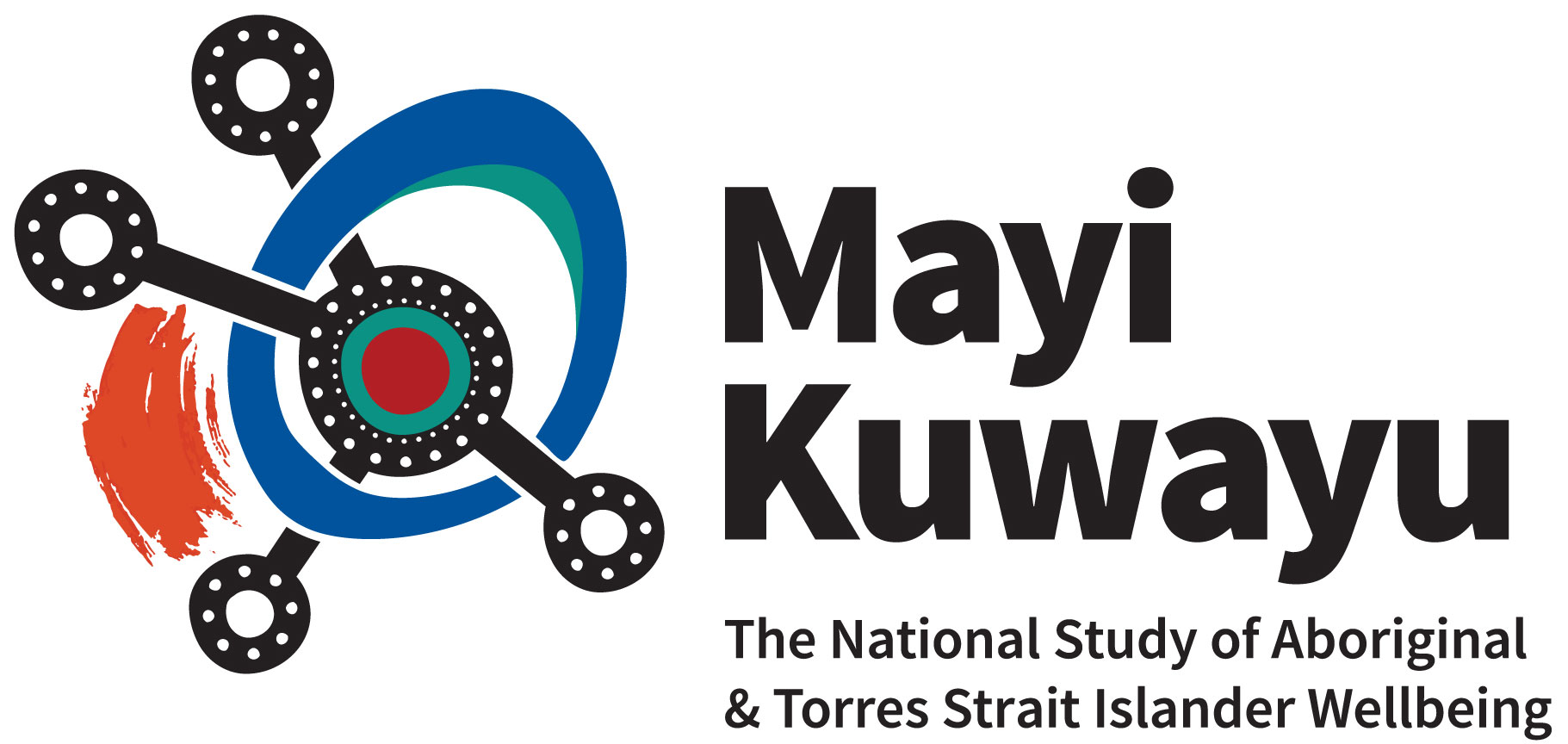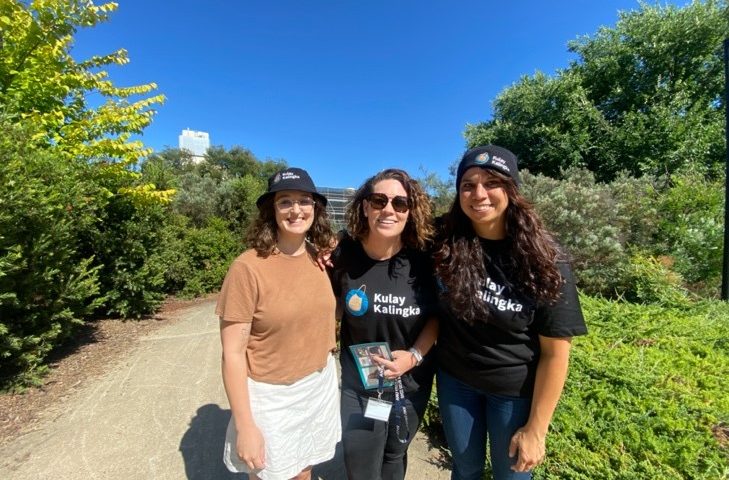2023 May – News and updates
Invitation to a launch event for The Lancet special issue
December 1, 2022
2023 August – News and updates
August 1, 2023Mayi Kuwayu research featured in The Lancet
In December 2022. the international medical journal The Lancet published a special issue on Advancing racial and ethnic equity in health. The Mayi Kuwayu team contributed an article that used Mayi Kuwayu Study data to estimate how much interpersonal discrimination contributes to psychological distress among Aboriginal and Torres Strait Islander adults.
Some key results include:
Two-thirds (64.6%) of the total Aboriginal and Torres Strait Islander adult population have experienced any of the eight types of everyday discrimination we asked about in the Mayi Kuwayu Study survey.
People who experienced any of these types of discrimination were almost three times as likely to have high/very high psychological distress compared with those who reported none of these types of discrimination.
Everyday discrimination could explain up to half (49.3%) of the total burden of high/very high psychological distress in the population.
The Mayi Kuwayu team partnered with the Lowitja Institute to host the Australian launch of The Lancet’s special issue at the ANU on 10th December 2023. As part of the event, Ray Lovett presented results from the Mayi Kuwayu Study and a panel of guests spoke about system-level changes needed to combat racism. A recording of the event is available here.
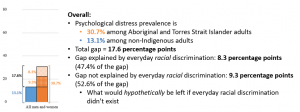
………………………………………………………………………………………………..
Yarning for a good life – new research on Aboriginal and Torres Strait Islander Wellbeing in urban areas
One of our Research Fellows, Dr Sarah Bourke (Gamilaroi, Jaru, Gidja), has begun looking at what it means to belong and be well for Aboriginal and Torres Strait Islander people living in urban areas. What it means to belong is a complex but vital issue that is yet to be addressed for our communities following the impact of colonisation and widespread disconnect from identity, Country, and culture we have experienced.
Dr Bourke is currently analysing Mayi Kuwayu data from the ACT to find out how this mob are doing in comparison with Mayi Kuwayu participants from other parts of Australia. With this knowledge in hand, Dr Bourke will collaborate with Aboriginal and Torres Strait Islander community members and organisations in the ACT to co-design an in-depth, local yarning project. Her research aims to show whether those with a greater sense of belonging to the places and communities where they live or are ancestrally connected experience better health and wellbeing outcomes and are more empowered to lead a ‘good life’, however they define it.
………………………………………………………………………………………………..
Mayi Kuwayu sub-study: Kulay Kalingka
Cancer has a big impact on our mob, families and communities. As part of the Mayi Kuwayu study, the Kulay Kalingka Study is being launched mid-2023. Kulay Kalingka, for the first time, will provide an understanding of Aboriginal and Torres Strait Islander people’s beliefs about cancer and experiences with cancer care and treatment.
‘Kulay Kalingka’ means net bag in the water in Ngiyampaa language. The net bag is symbolic of how people and families fighting cancer can include Aboriginal and Torres Strait Islander health and wellbeing concepts for cultural, medicinal, and spiritual healing, alongside clinical treatments.
Want to learn more or find out about the launch? Catch us on Facebook or Instagram.
Surveys coming soon, contact us at Kulay.kalingka@anu.edu.au to register your interest.
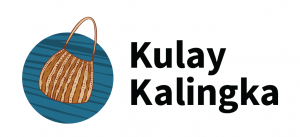
………………………………………………………………………………………………..
Local Context training
In February, members of the Mayi Kuwayu Study went to Hamilton, Aotearoa (New Zealand) to participate in training put on by Local Contexts.
Local Contexts is a global initiative that supports Indigenous communities with tools that attribute cultural authority of heritage and data. One tool provided by Local Contexts is the Traditional Knowledge and Biocultural labels. These labels were created to ground intellectual and cultural property rights in cultural heritage, data, and genetic resources. The labels are used for online data sources.
Learn more about Local Contexts and labels here.
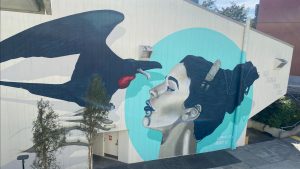
………………………………………………………………………………………………..
Worimi Country Field Work April 2023
In mid-April 2023, visiting Mayi Kuwayu team members were welcomed onto beautiful Worimi country to undertake field work with community. Two of our early career researchers, Makayla-May Brinckley and Kirsty Nichols, had the privilege of visiting the incredible Stockton bight sand dunes with Sand Dune Quad Adventures owned and operated by the Murrook Cultural Centre.
Whilst exploring the dunes, they met Traditional Owners (from Worimi), mob from Ngiyampaa and Wiradjuri nations, and Ngalakan Gija mob all the way from the Northern Territory.
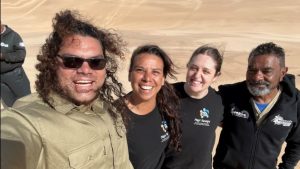
………………………………………………………………………………………………..
Apply for the 2024 Master of Philosophy in Applied Epidemiology (MAE) Program
Do you want to be on the frontline addressing public health?
If so, the MAE is for you.
The Master of Philosophy in Applied Epidemiology (MAE) Program is Australia’s long standing and globally recognised Field Epidemiology Training Program. This is a two-year research degree that emphasises learning by doing. You will spend the majority of your time in a field placement conducting useful and important projects under supervision while supported via a tax-free scholarship of $62,100 in 2024.
In addition to the MAE Scholarship, you are encouraged to apply for top up scholarships such as the Leonard Broom HDR Scholarship or Lowitja Institute scholarships.
If you are interested in studying the MAE program at the National Centre for Aboriginal and Torres Strait Islander Wellbeing Research, please click here or contact mae.nceph@anu.edu.au to be advised about the application process. Applications will be open from 1 June 2023 to 7 July 2023.
